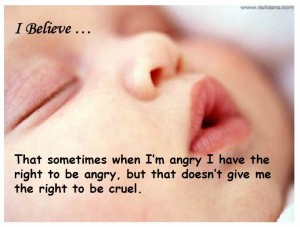Receive your FREE Parenting Advice through this blog. Simply ask Bob Lancer your question and receive his Lancer’s Answer in this blog.

Understanding how to work with your child’s power of imagination is important for supporting child development
Understanding how to work with your child’s power of imagination is important for supporting child development.
When children begin “making things up” it’s easy for a parent to become anxious about the need for the child to “tell the truth”.
Out of fear, the parent may over-react to the child’s made up tales and squelch the positive use and development of the child’s imagination-power.
Children seem to have an instinctive knowledge of how to use fantasy for their own good.
For instance, to protect herself from being emotionally devastated, the 5 year old son of a deceased father told his friend that his father was actually alive, but on a secret mission for the Army.
A child who was the smallest in his class told his parents one day, “Today I was bigger than Amos (the tallest in the class).
In these cases we see a wise application of the imaginative stage of child development. The child is using his new power to help himself to feel good about his life and about himself, and the child needs to feel good to behave well and perform successfully.
Do you regard the examples of making things up as behavior problems?
How does YOUR child use the power of fantasy?
Share your thoughts, experiences and questions about children’s use of imagination this blog.
Children need a strong imagination to help them to cushion the blows of harsh realities, for problem-solving, and to create magnificent goals for themselves. The child who makes things up may be revealing a gift for story-telling that is just beginning to blossom.
So we need to teach children when and how to tell the truth, but avoid giving them the harmful message that making things up is always wrong. A powerful imagination is part of healthy child development.
Receive your FREE Parenting Advice through this blog. Simply ask Bob Lancer your question and receive his Lancer’s Answer in this blog.





 button.
button. 
































